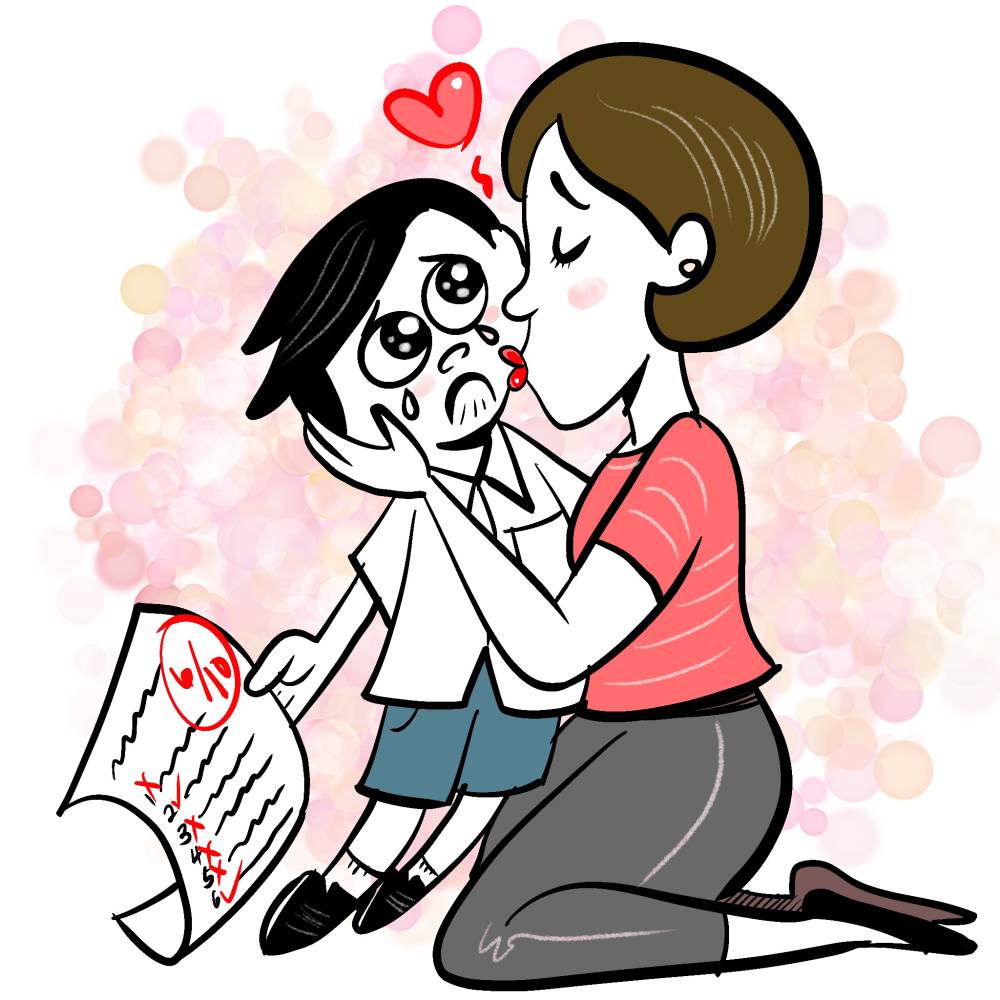Raising confident kids in an insecure world

“I’m not good enough” is the single most common insecurity people have, that I know of. Some people say it explicitly, others show it in the way they act and speak and in the decisions they make. Every time we choose something less than what we truly want could be an indication that we think we deserve less. Not being good enough may mean many things. It could be a lack of competence at a certain task such as flying a plane, not having the necessary physical attributes like that of a basketball player or a runway model, or not having the academic background for certain fields such as being a doctor.
Some of these things are within our control, some are not. There may be things we can learn and work hard for. There might be things we just aren’t wired to do. That’s normal and by design. No one is wired to do everything. The “not being good enough” that’s poisonous to us is the judgment that we are not worthy.
Our worthiness is about our value as a person, a member of the human race. If we start from an assumption that we are not good enough, we’ll always feel that we are less than we should be, and that we need to prove ourselves.
When our worth is questionable, it can always be threatened. Everything people do and say, what we get and don’t get, will always be seen through this lens of “not enoughness.” Those who come from this frame of mind will get offended easily, will want to have the upper hand on people and will have a dizzying swing between an inferiority and superiority complex. Their feelings about themselves would be conditional to what happens outside of them. Their sense of worth is controlled by other people. What does parenting got to do with it? Everything. Or almost everything.
Most parents would be at one end of two extremes. The one end is, “I love you, you can do wrong. I will fight the world for you.” The other end is, “You need to learn to tough it up so I will make sure you know everything that’s wrong with you so you’ll learn to strive harder.” These two extremes usually result in fragile children growing up to be people-pleasing adults or insensitive, angry ones. Where is the balance, one might ask?
Worth vs competencies
The balance is separating being from doing. This is a balance that many adults are not aware of, much less achieve. It means that who we are as human beings, our worth, our potential, our possibilities, are different from our competencies, our history, and our performance. Our worth as humans should be unconditional. Nothing we do should diminish the preciousness of our human existence. It also follows that whatever we achieve should not make us feel superior to anyone else. How can parents achieve this with their kids?
1. Talk about their weaknesses matter-of-factly. They’re not the best at everything, and that’s a fact. Telling kids that they’re excellent at every single thing makes them delusional and hinders them from seeing reality as it is. It is part of life that we are naturally gifted in some areas, and not in others. Learning to appreciate what we’re good at, and accept where we’re not, is among the best things we can teach children.
2. Assure them that you love them no matter what. Let them know that your love for them is unconditional. It doesn’t mean they’re always right. It means that they can make mistakes, they can strive for something and fail and they’re still worthy of your love. People who feel safe can take on more challenges and dare to strive for things with uncertainties.
3. Focus on behavior, not results. Recognize them for good behavior—being polite, doing hard work, helping someone, studying. Focusing on results will make them afraid of failure, or of venturing into unknown territory. 4. Pay attention to what you want to grow. Many parents point out what they don’t want “to teach them a lesson.” If the attention is always focused on what’s wrong, it will be hard for children to figure out what’s right.
5. Be a good model. Kids do what we do, not what we say. Show them what you want to teach them. They tend to copy without understanding, not being able to judge what’s helpful and what’s not. In their minds, their parents can do no wrong. If they get punished for copying what their parents do, it becomes confusing.
Kids are sponges, of good and bad things. They absorb what they observe and interpret what they experience. Helping them create positive narratives from their early years will save them from a lot of unnecessary pain and suffering as they mature into adulthood. —SHEILA TAN
The author is an executive coach and an organizational development consultant. You may reach out to her through coachsheila.tan@gmail.com.
The author is an executive coach and an organizational development consultant. You may reach out to her through coachsheila.tan@gmail.com.

















